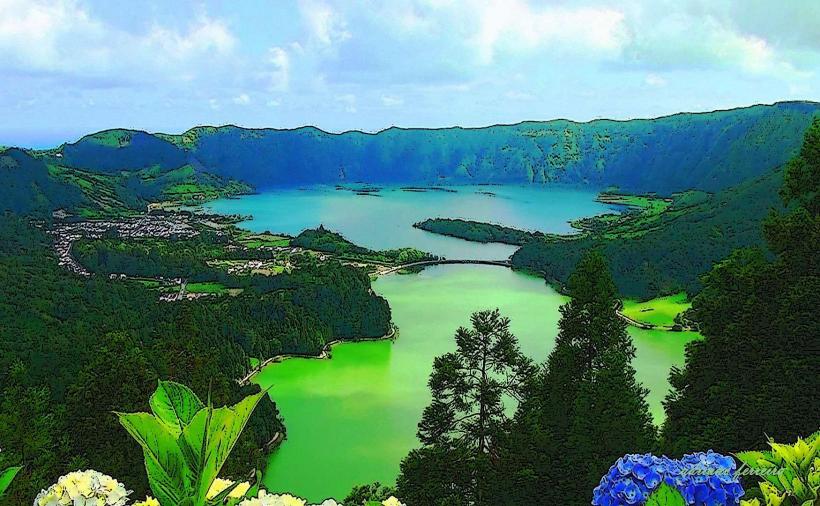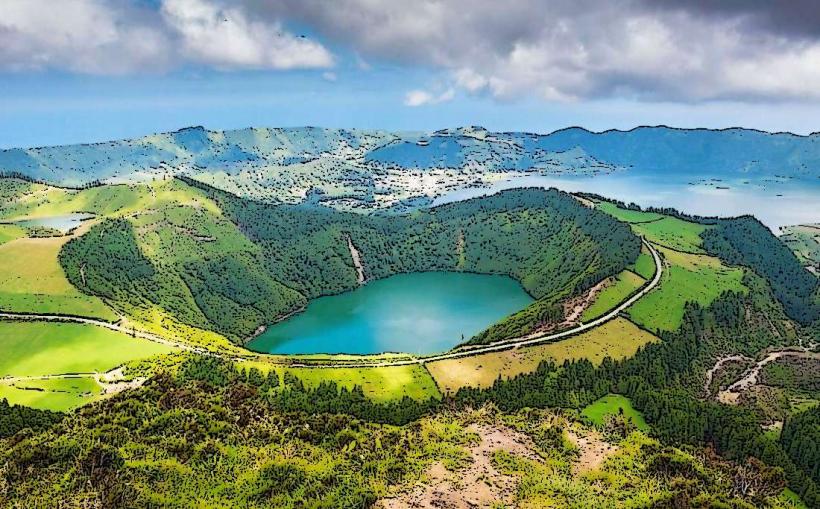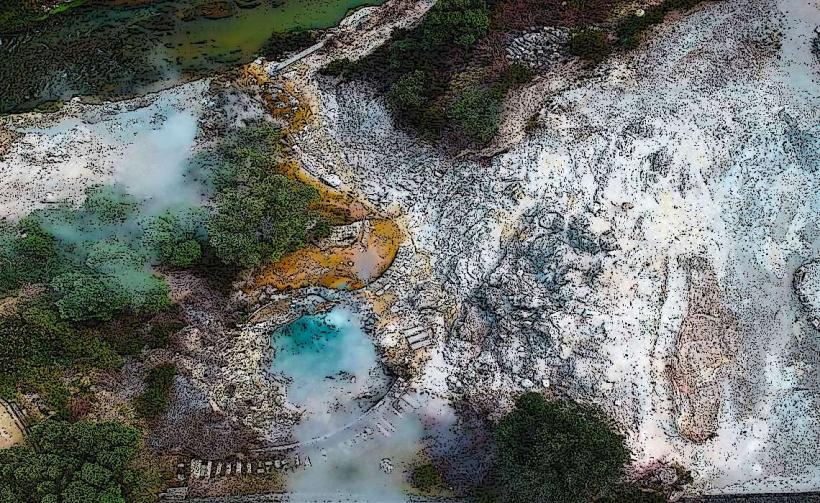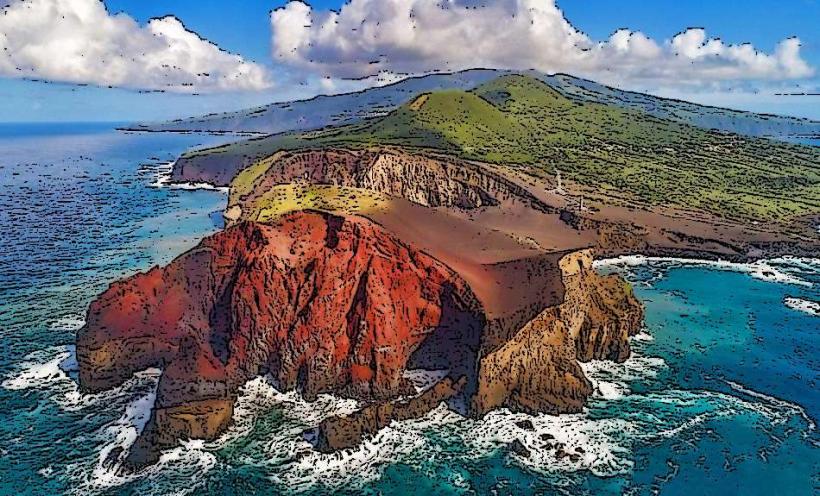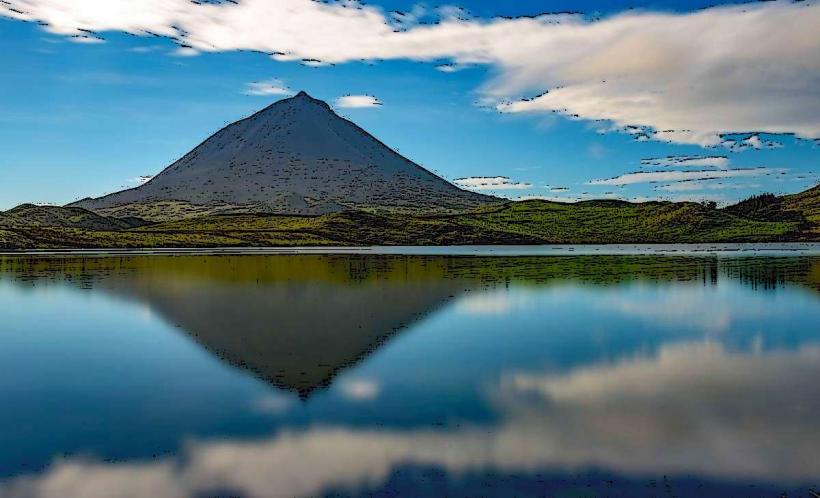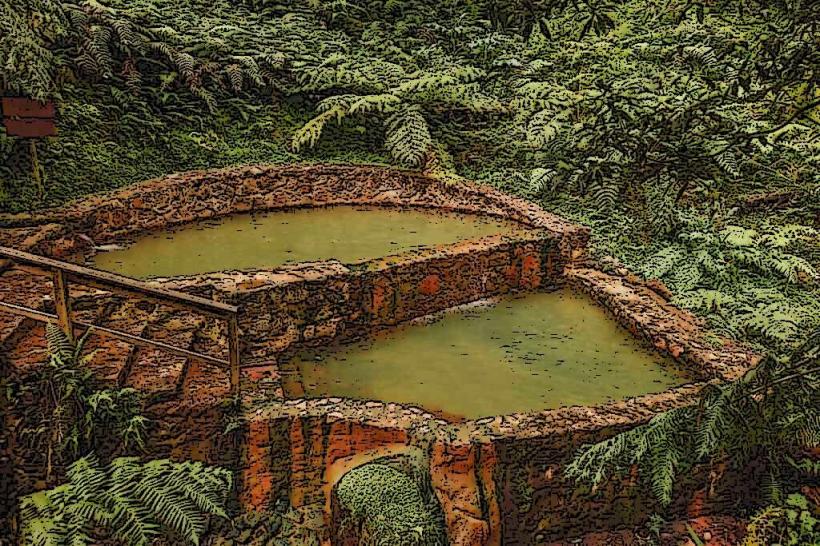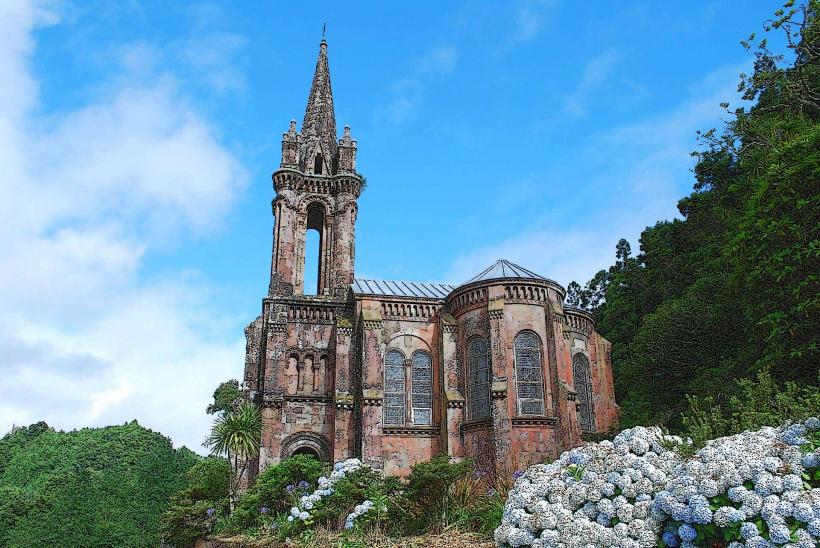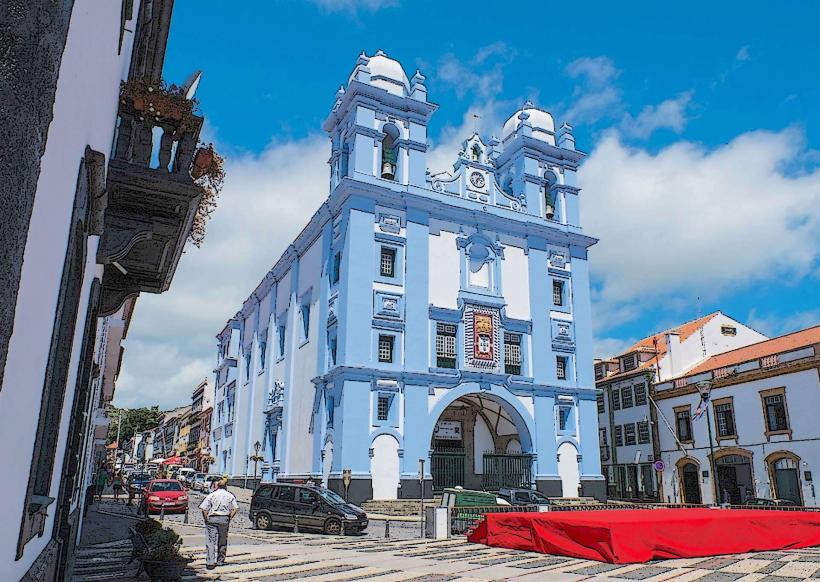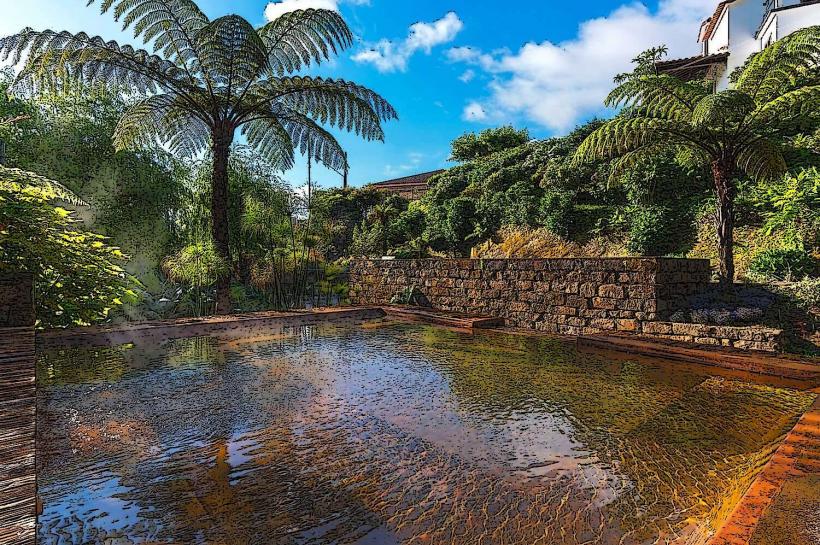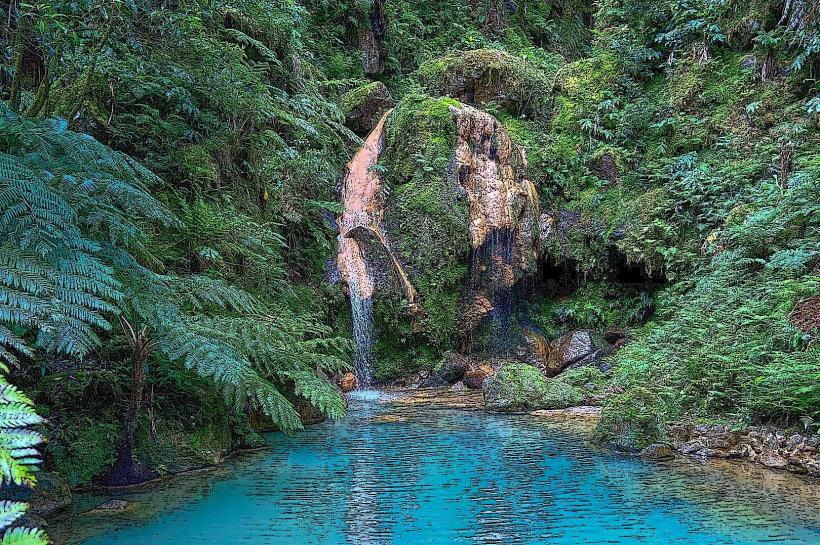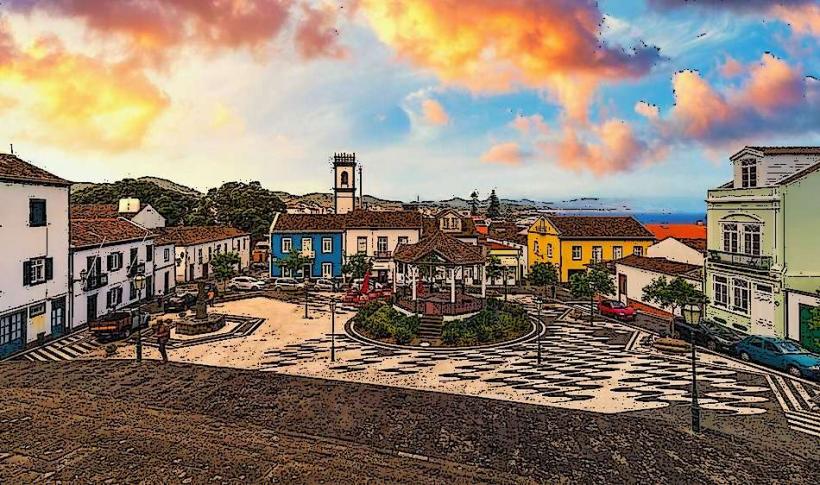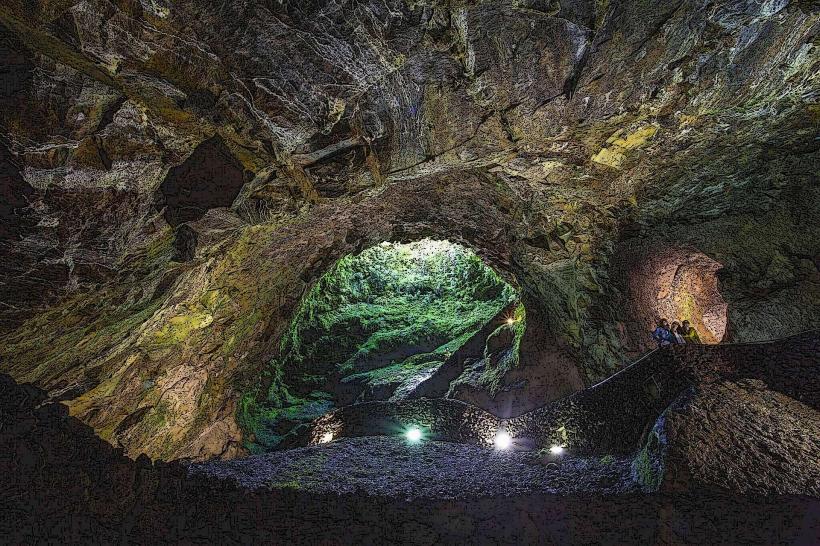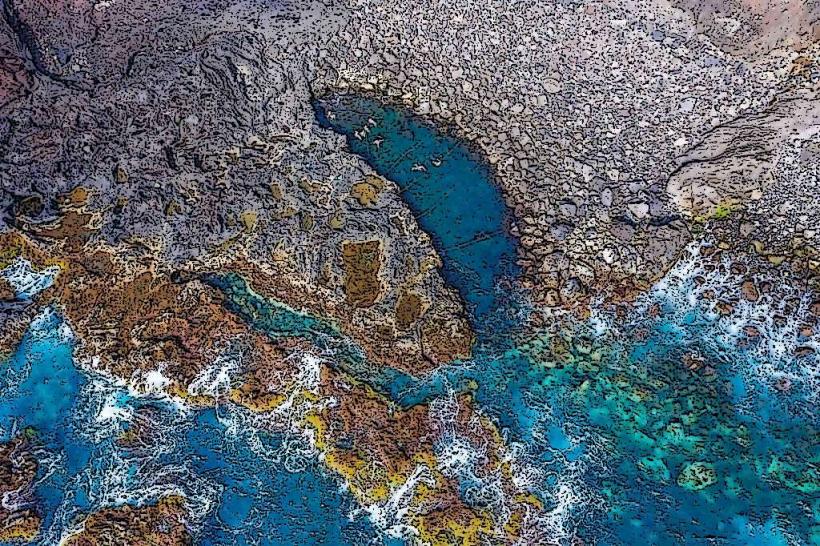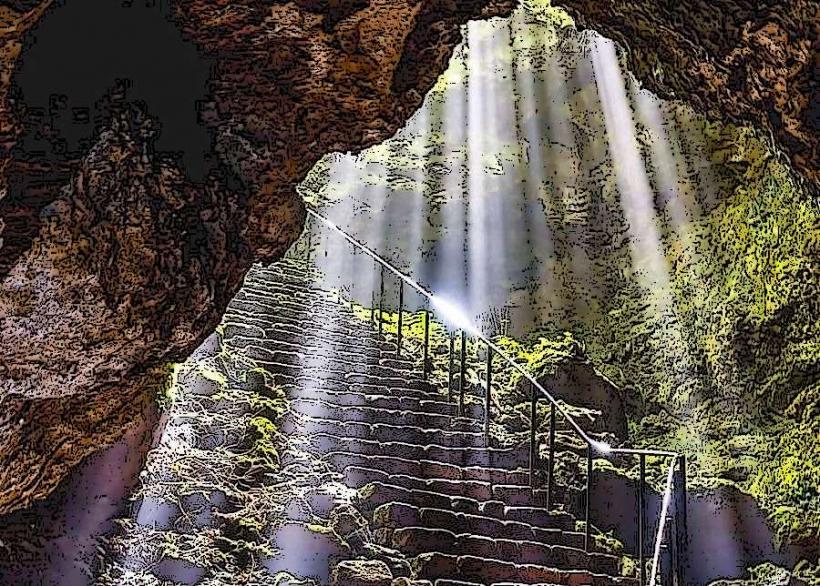Information
City: AzoresCountry: Portugal
Continent: Europe
Azores, Portugal, Europe
The Azores is an autonomous volcanic archipelago of Portugal consisting of nine islands situated in the North Atlantic Ocean, roughly 1,500 kilometers west of Lisbon. It is a primary center for geotourism and marine biodiversity, recognized as one of the world's most sustainable tourism destinations.
Visual Characteristics
The urban landscape is defined by high-contrast black basalt and white lime architecture, particularly in the capital, Ponta Delgada. The islands are characterized by emerald-green crater lakes (caldeiras), steam-venting fumaroles, and hydrangeas used as natural field boundaries. The skyline is dominated by Mount Pico, a perfectly symmetrical stratovolcano and the highest point in Portugal.
Location & Access Logistics
The archipelago is divided into three groups: Eastern, Central, and Western. It is served by João Paulo II Airport (PDL) on São Miguel, the primary international hub. Sata Air Açores operates inter-island flights, and Atlanticoline provides seasonal ferry transit. Vehicle access is via well-maintained but narrow coastal roads; car rentals are essential due to low-density public transit. Parking is concentrated in underground lots in Ponta Delgada and Horta.
Historical & Ecological Origin
Uninhabited until the 15th century, the islands were a vital stopover for galleons returning from the Americas. Geologically, the Azores sit atop the Triple Junction-where the North American, Eurasian, and African tectonic plates meet. This volcanic origin creates a high-density geothermal environment. The ecology is characterized by Macaronesian laurel forests and a unique marine environment that serves as a permanent habitat or migratory path for one-third of the world’s cetacean species (whales and dolphins).
Key Highlights & Activities
Sete Cidades on São Miguel features twin blue and green lakes within a massive volcanic crater. Furnas is a primary destination for geothermal activity, where meals are cooked in the ground using volcanic heat. Mount Pico offers high-intensity trekking to its 2,351-meter summit. Whale watching is a central maritime activity, particularly in the waters off Faial and Pico. The Capelinhos Volcano on Faial provides a stark, lunar-like landscape created by a 1957 eruption.
Infrastructure & Amenities
Ponta Delgada is equipped with public restrooms in the Portas da Cidade area and the Parque Atlântico mall. 5G cellular coverage is universal in major towns but absent in remote caldeiras and high-elevation trails. Public drinking water is sourced from volcanic aquifers and is high-fidelity. Retail is concentrated in Ponta Delgada’s historic core. Dining is densest in the harbors of Horta and Ponta Delgada, specializing in Cozido das Furnas (geothermal stew) and regional cheeses like São Jorge.
Best Time to Visit
The climate is temperate maritime, characterized by high humidity and rapid weather changes. June through September is optimal for whale watching and hiking, with temperatures between $20^{\circ}\text{C}$ and $25^{\circ}\text{C}$. The "Festas do Senhor Santo Cristo dos Milagres" in May is the largest cultural event. Photography of the crater lakes is best in the early morning before the daily mist accumulation.
Facts & Legends
The Azores is home to the only industrial tea plantations in Europe (Gorreana and Porto Formoso). A local historical oddity: Peter Café Sport in Horta is one of the world's most famous yachting pubs, serving as a historic post office for Atlantic sailors. Legend holds that the islands are the mountain peaks of the sunken continent of Atlantis, a theory popularized by the archipelago’s dramatic isolation and volcanic activity.
Nearby Landmarks
Portas da Cidade: Central hub of Ponta Delgada
Sete Cidades Lookout (Vista do Rei): 20km West of Ponta Delgada
Furnas Lake: 40km East of Ponta Delgada
Mount Pico: Central hub of Pico Island
Horta Marina: Central hub of Faial Island

